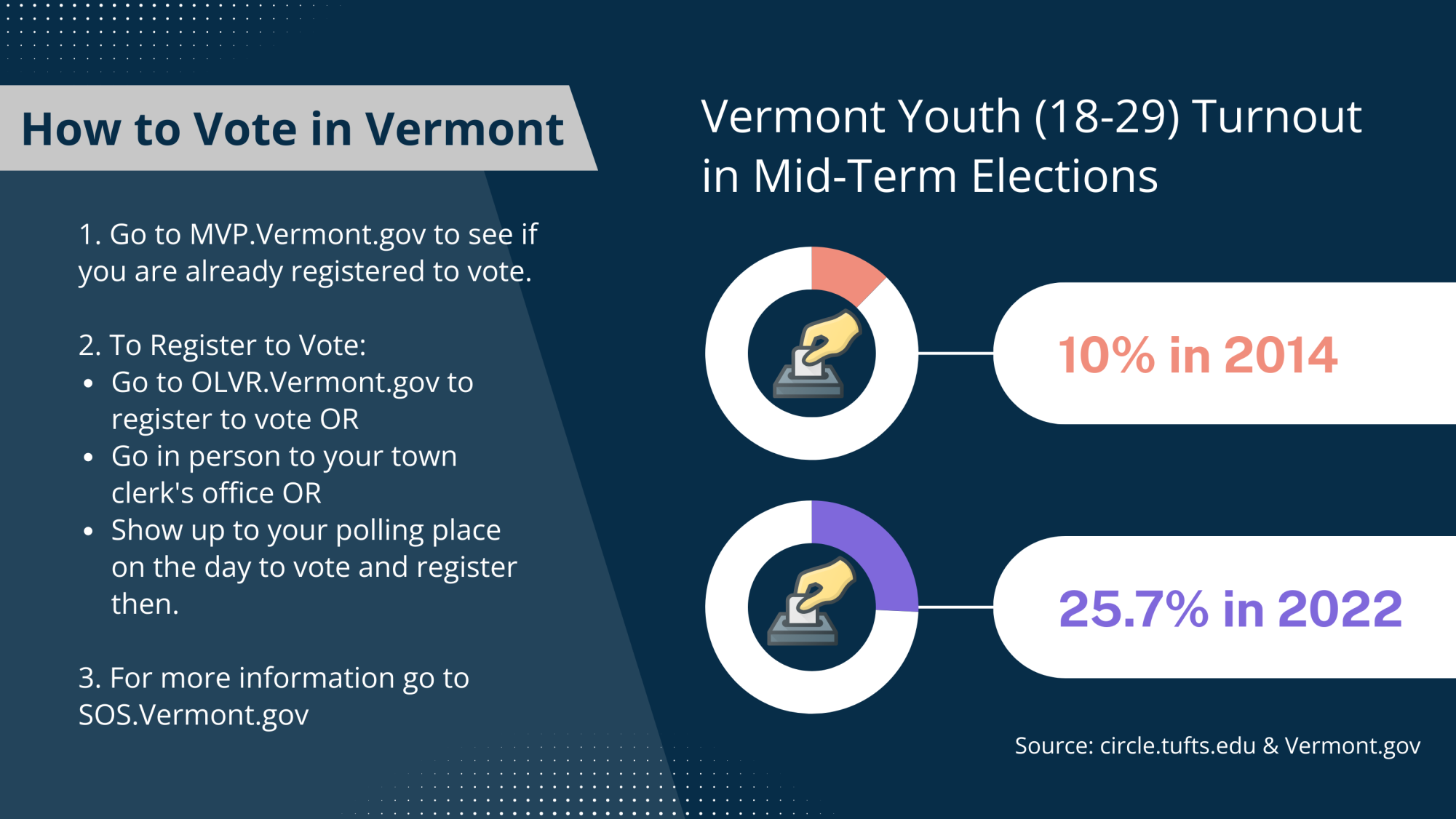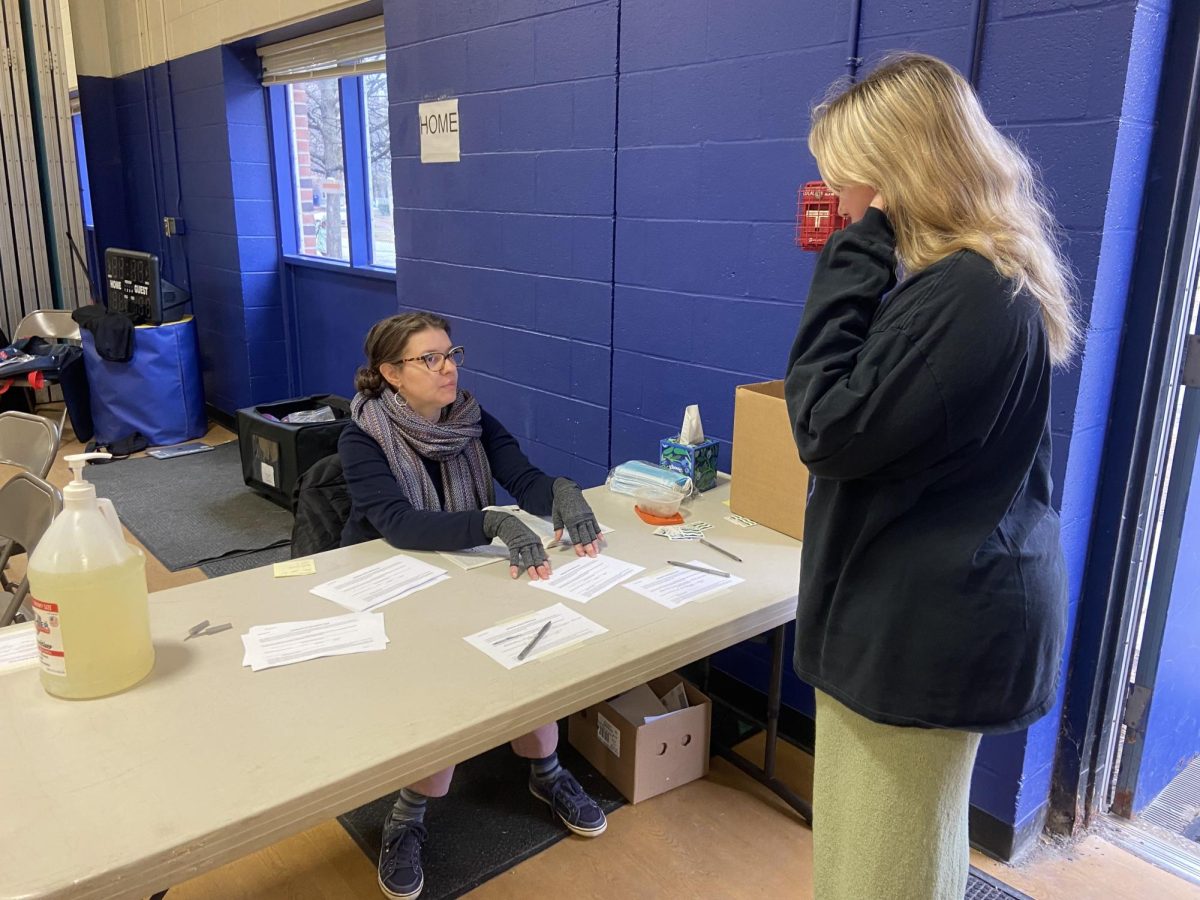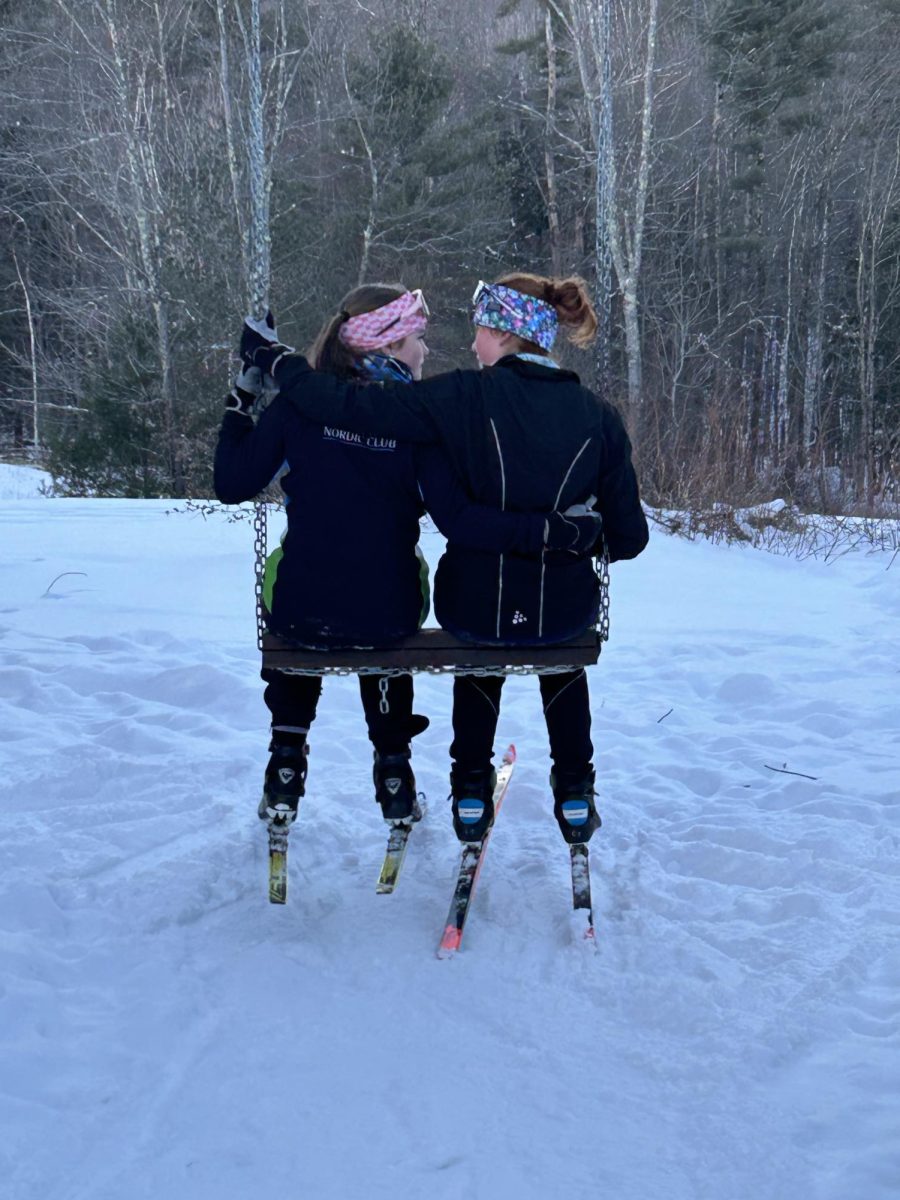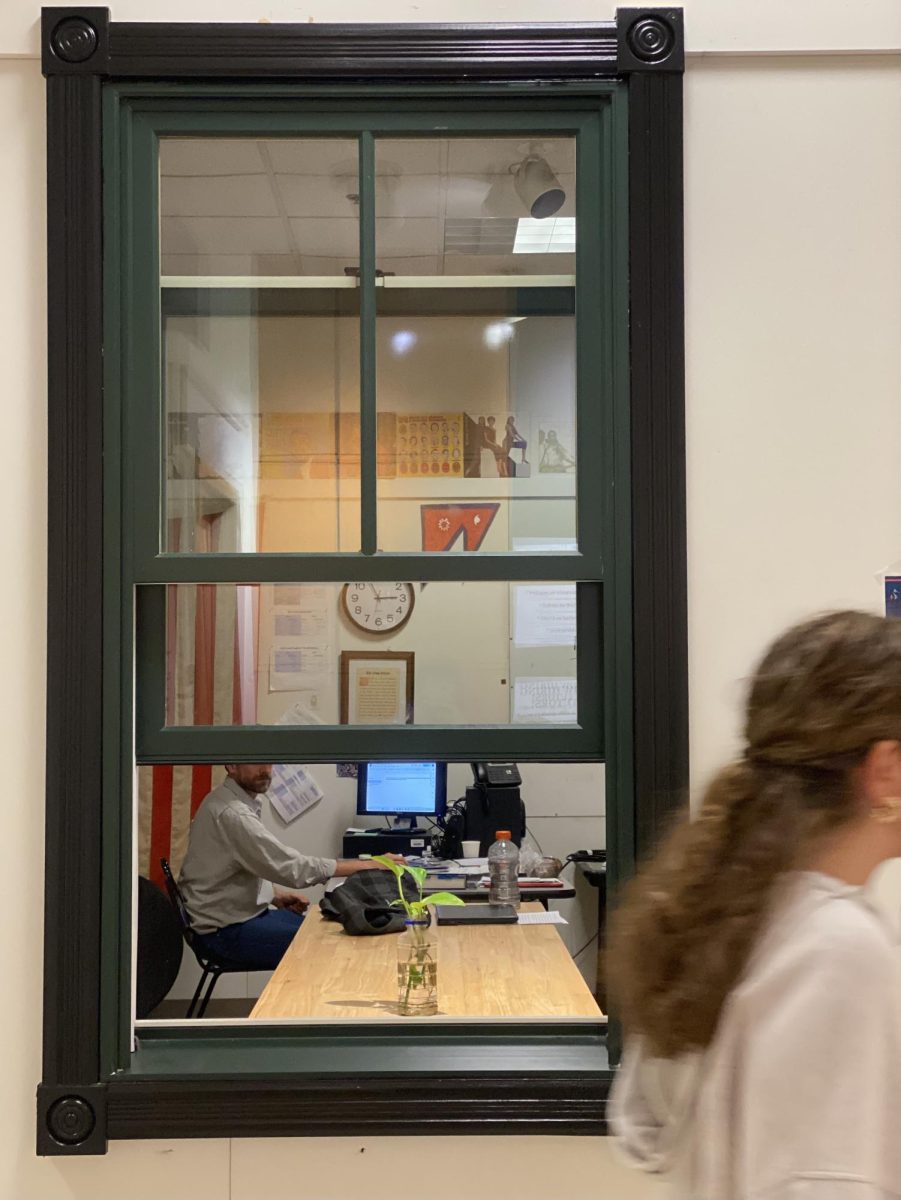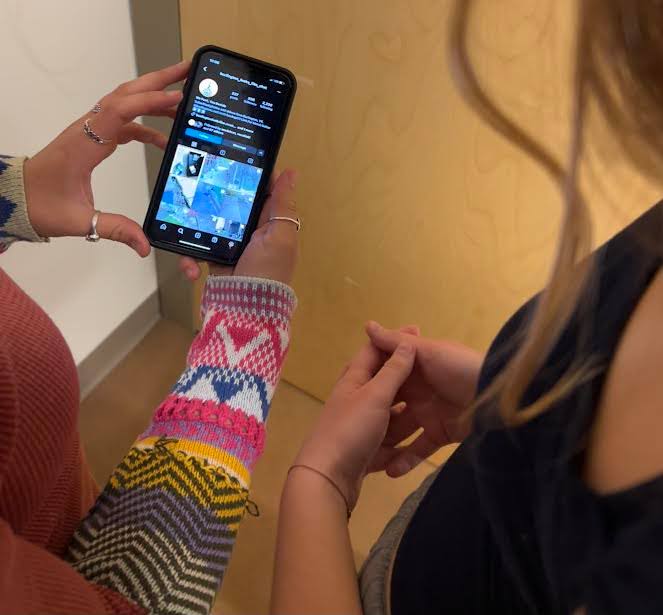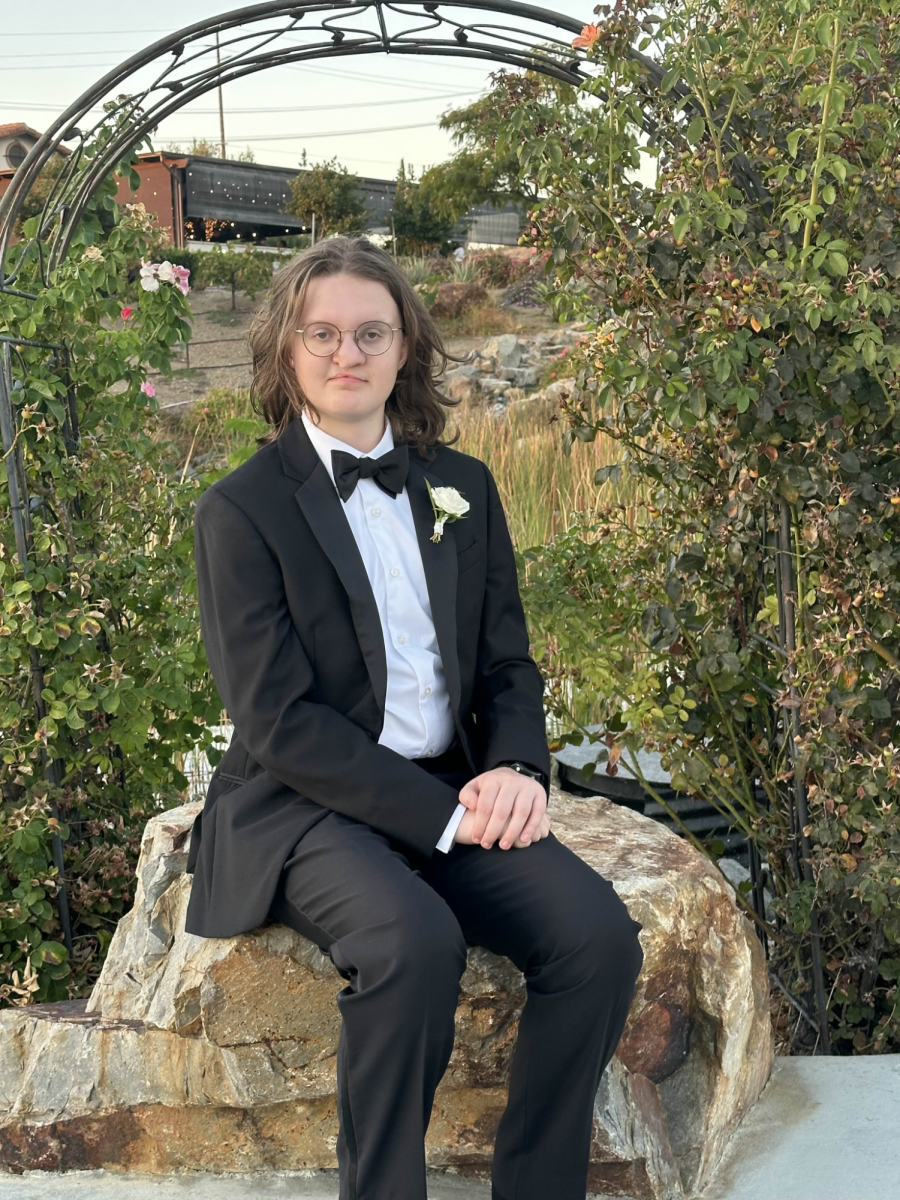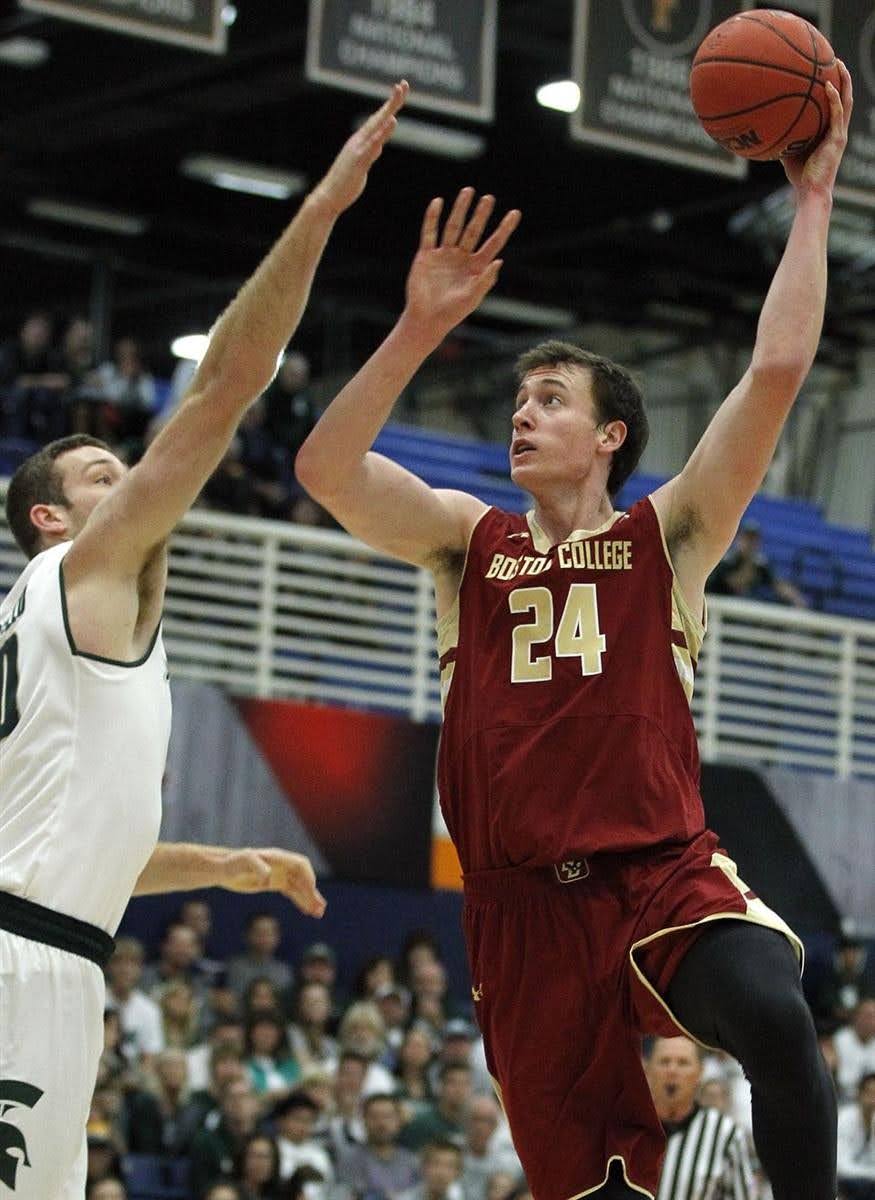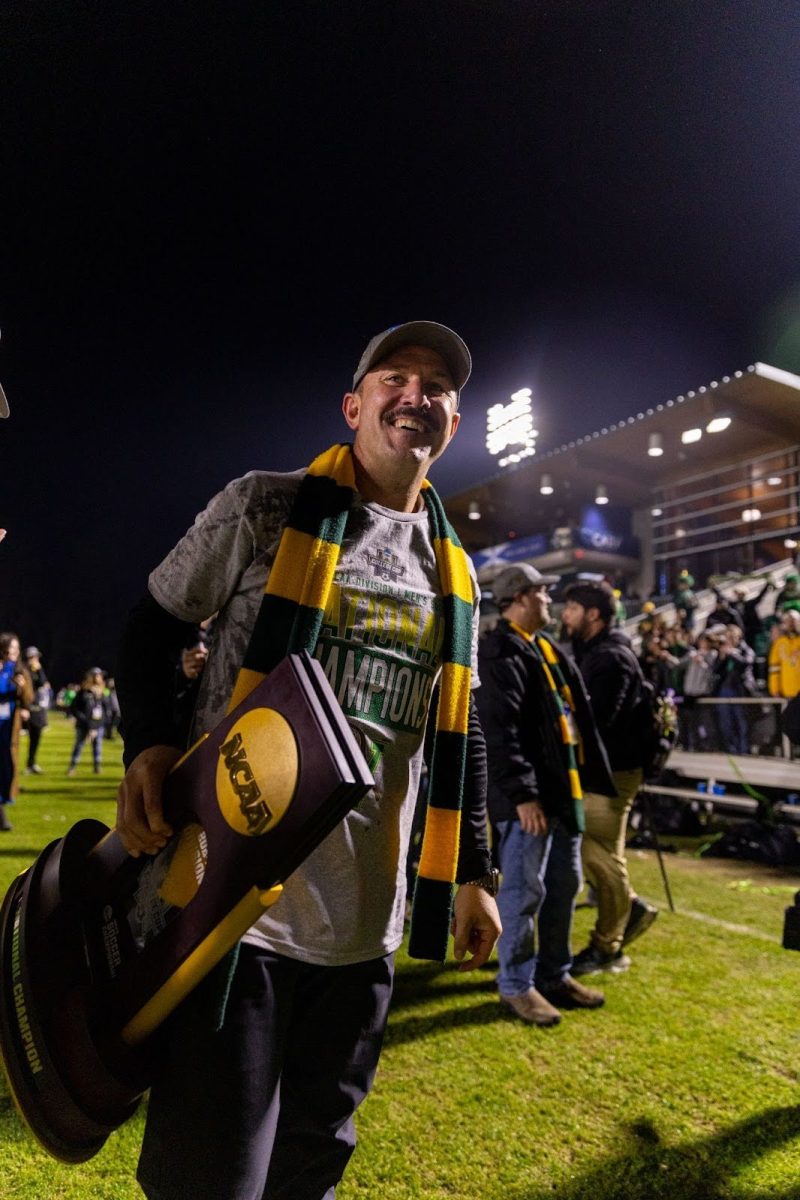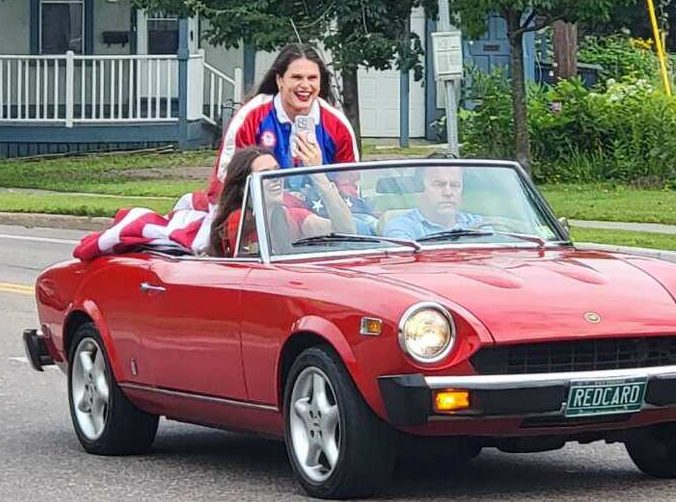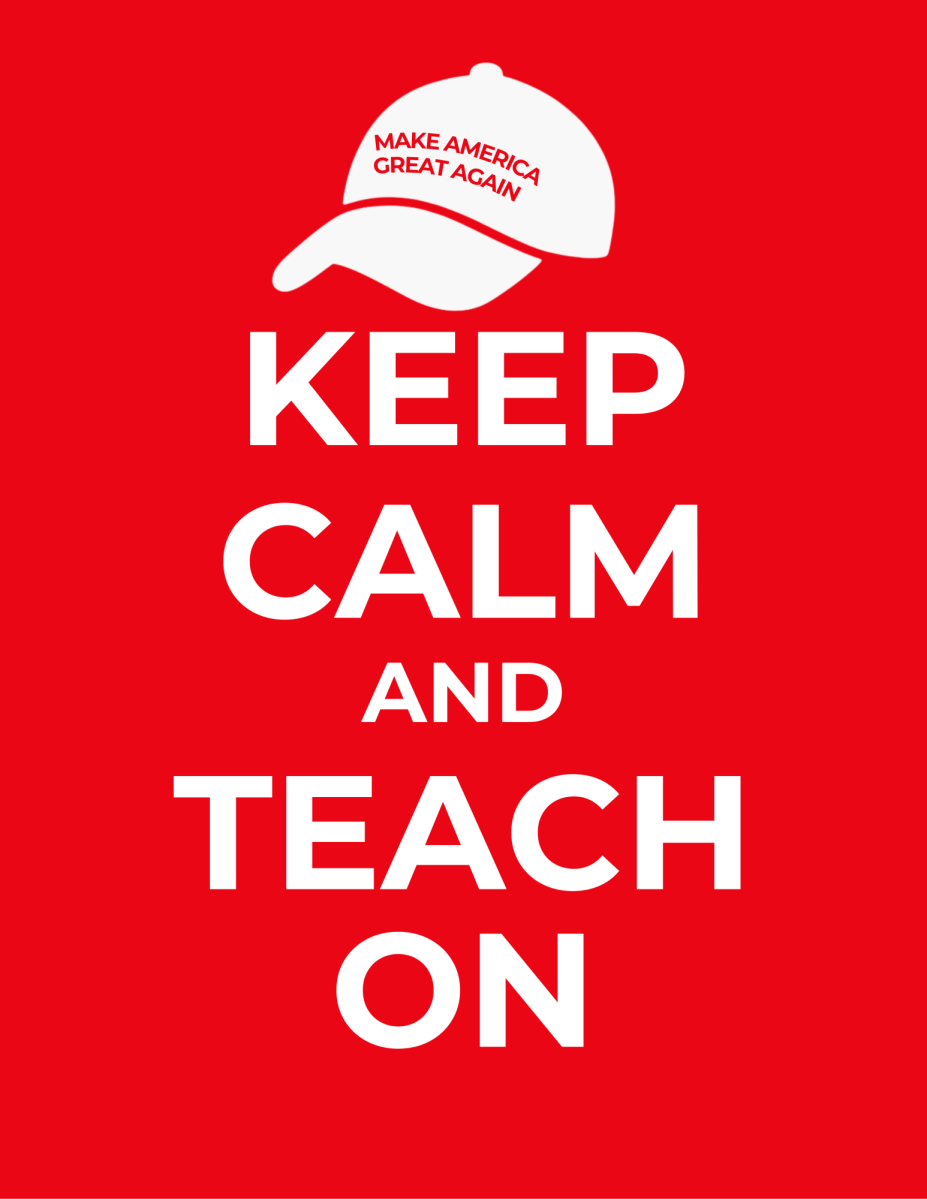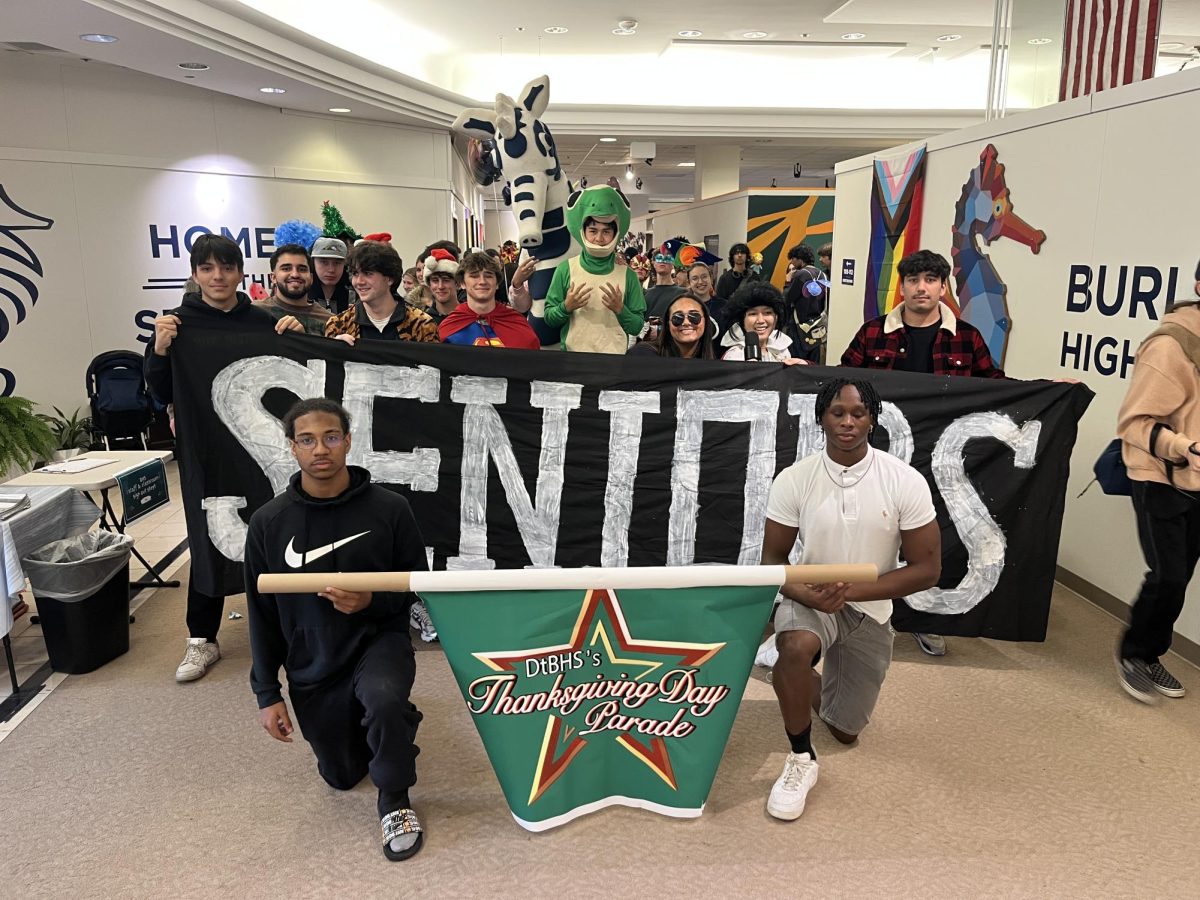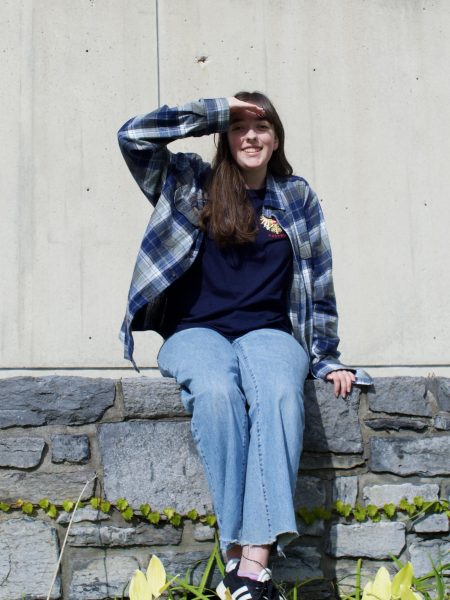When you turn 18 you can sign a contract, call yourself out of school and perhaps most importantly – vote. For many BHS seniors their first chance to exercise their new right was March 5 during Town Meeting Day.
“I didn’t know there was an election coming up. I don’t know who the candidates are yet,” Morgan Kenny ‘24 said. “Who’s the current mayor? Weinberger? He’ll just win again.”
Seniors interviewed for this article showed a relative disinterest in participating in electing Burlington’s next mayor. Many confessed that they did not know who the candidates were, when the election was, or how to register to vote.
“To be honest, I didn’t know we had a mayoral election coming up,” Moses Doe ‘24 admitted. “But yeah, sure, I think I [will vote.] I feel like it will be beneficial for me and my community.”
Tran Vu ‘24 felt that the election had more to do with her parents than with her.
“I already don’t really notice the impact with the current mayor,” Vu said. “A lot of the changes that are happening affect people in my household who are providing for me, so I don’t really get to see [them.] Like, I hear about budget or I hear about higher taxes, but I don’t see it happening in front of me.”
Democratic Mayoral Candidate Joan Shannon echoed the concern of students not feeling involved in the community.
“Several years ago I went to [the] BHS on North Ave, I [went] to register voters there and found it a little discouraging,” Shannon said. “They didn’t really want to engage [with me, or] bring [any issues] up. My sense at the time was that it was more apathy.”
Students interviewed did not express very strong opinions on whether or not they would vote. Common responses were “Sure.” and “Probably not.”
“I feel like neither [the presidential or mayoral election] will have that big of an impact on my life,” Kenny said.
Then-Progressive Mayoral Candidate and now mayor Emma Mulvaney-Stanak emphasized the role that Municipal Government plays in our everyday lives.
“While there’s a lot of fanfare around [the] President, whatever the President does has very little to do on a day to day basis and your actual life impact wise, versus a mayor or city councilor,” Mulvaney-Stanak said. “And so when it comes to local politics, I think it’s really important for young folks to really realize those are the folks who are deciding where we spend our local dollars.”
Shannon acknowledged the difficulties that come with trying to learn about issues on the ballot.
“You really have to work at educating yourself about issues [you are voting on], and I appreciate students are busy, and they’re interested in other things,” Shannon said. “It’s not your responsibility [to vote] for a period of time, so then transitioning from this is not my responsibility to this is my responsibility, [that] probably happens over a period of [time] for a lot of people as they become adults.”
Mulvaney-Stanak echoed this odd time for students.
“A lot of students, at least while they’re in high school, are not going to be age eligible to vote yet,” Mulvaney-Stanak said. “So it becomes kind of this, ‘Well I can’t even vote, why should I even engage?”
“I’m not a political girly,” Vu said. “I’m not super interested in politics, and unless I actively search out these people’s names, I’m not gonna really get info. I just don’t really have time to look through stuff.”
While students interviewed were not very involved or informed in issues facing the community, mayoral candidates seemed ready and willing to speak to many of the issues that affect students.
In regards to safety issues, a main concern for students, Shannon mentioned the ability of the City versus the responsibility of the State. One thing she talked about was the importance of making the first step: making sure that when we see open drug use, we are proactive about it. Students especially expressed concerns about the downtown transit center. Shannon shared their concern, and emphasized that while it is important that people who need help can get it, it is not a function of the municipal government.
“But it is a function of municipal government to address illegal behavior when we see it on the street and open drug use is one of those behaviors,” said Shannon. “We can look the other way and normalize open drug use, which seems to be the direction we have been going in. I don’t support that. I think that we should intervene, that there should be police intervention in open drug use.”
Mulvaney-Stanak wants to take a different approach. Instead of arresting people openly using drugs, she supports a more community-visibility focused solution.
“[One] thing that works is the community itself, actually showing up,” she said. “On the weekends, if there are festivals and other things happening downtown, there’s not as much retail theft. People are not out doing [the things that] lead to a high number of issues [and] negative behavior because there’s actually community in the [downtown area].”
In regards to students being exposed to this open drug use, Shannon mentioned some of the personal accounts she has heard from highschoolers.
“I have heard from high school students [drug dealing is] happening outside the high school, and people are getting messages on their phones about how to access drugs, even when they’re inside the high school,” Shannon recounted. “Students have a lot of access to drug dealers that are just outside the school…[which] is really scary…I believe we need to intervene to stop that.”
One of Mulvaney-Stanak’s main solutions for the open drug use in Burlington, is the creation of an Overdose Prevention Center (OPC).
“[OPCs are] a new tool that I want to make sure is available not only in Vermont, but that we have one of those pilot centers here in Burlington,” she said. “[OPCs have] been studied for the last year or so. There’s a dramatic decrease in the number of people openly using drugs out on the streets, because they have somewhere safe to go.”
Mulvaney-Stanak also noted the evidence showing not only the decrease in overdoses, but the decrease in low level crime, too.
“There’s a reduction in needles in and around the community, there’s even a reduction in the amount of low level crime,” she said. “Because folks are having this more dignified way of accessing support, instead of that desperation of using out on the streets.”
Now that Mulvaney-Stanak has won the election, students are hopeful that she will address their concerns, but still a little apprehensive about local politics.
“I don’t really know much about [Mulvaney-Stanak]. And I feel bad that I don’t know, but it’s literally just because nobody talks about it.” Vu said, in a post-election interview. “It’s hard to find unbiased [information] about the candidates, and of course I can’t just trust what they say about themselves.”
In this later interview, Vu also revealed her uncertainty about registering to vote.
“Yes, I would [vote in the next election] if I could figure out how.” Vu said. “I know Burlington is nervous about a lot of things right now like housing, and the police, and I hope [Mulvaney-Stanak] can do something about them.”
